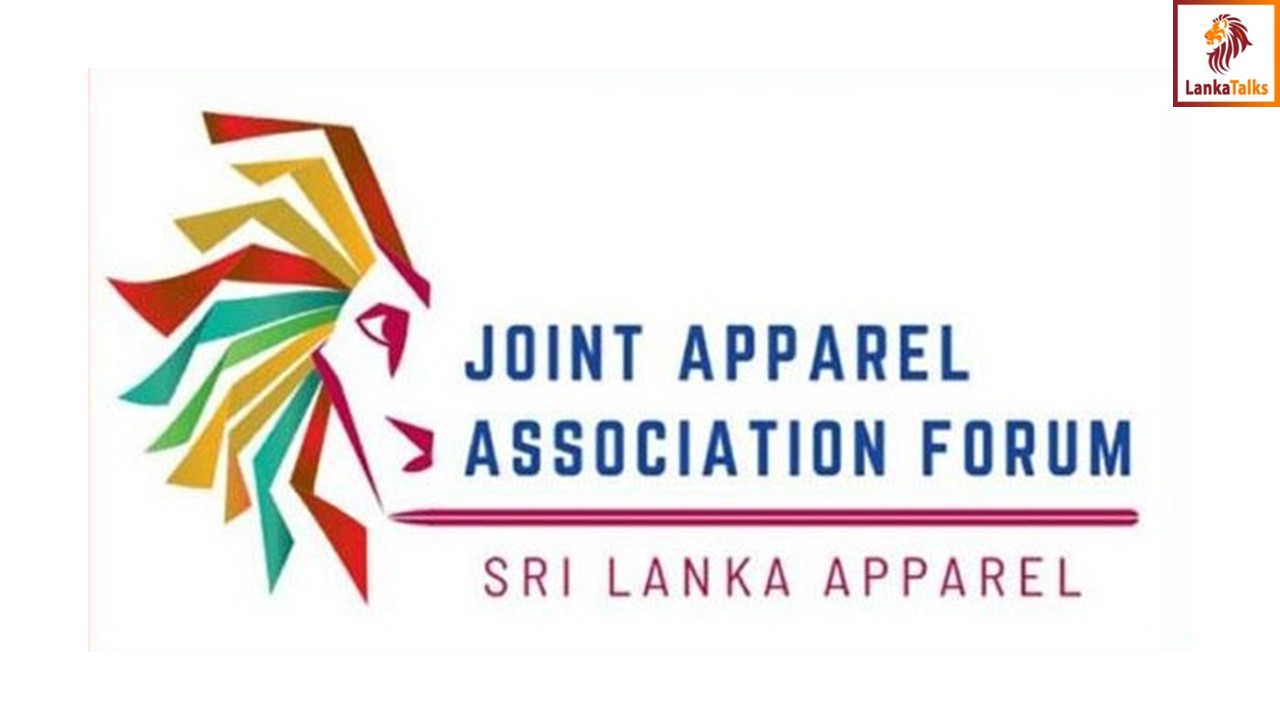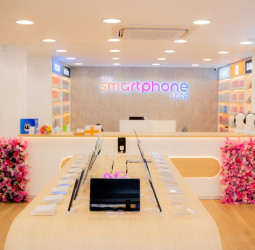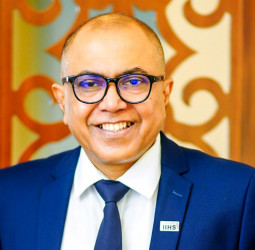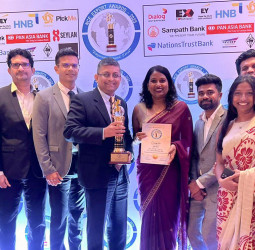Sri Lanka’s apparel sector continues to establish itself as a global benchmark for sustainability, with leading manufacturers Brandix, Teejay Lanka, Hirdaramani, Hayleys Fabric and MAS Holdings publishing their latest reports that showcase progress across climate action, circularity, ethical practices, and community empowerment.
Climate action and net zero leadership
From Net Zero certified factories to science-based targets, Sri Lanka’s manufacturers are at the forefront of climate ambition. Brandix has cut emissions by 84% and achieved Net Zero certification across five facilities, while Hirdaramani became the country’s first company to secure SBTi approval for Net Zero targets. MAS Holdings reported a 24.04% reduction in Scope 1 and 2 emissions from a 2019 baseline and that 39% of the company’s energy came from renewable sources, while Teejay Lanka has steadily expanded its renewable energy footprint to 14% of total consumption. As Hayleys Fabric PLC notes in it’s the GreenCatalyst – ESG Roadmap 2030, “our journey is not just about mitigating impact, but about becoming a catalyst for positive change across the value chain.”Brandix aim to become Net Zero across all its global locations by 2030, and is the first Sri Lankan apparel manufacturer to declare such a target.
Circular economy and resource efficiency
Collectively, the four companies are redefining how apparel production can minimise environmental impact. MAS diverted 99% of its waste from landfills, Teejay reused or recycled 3,900 tonnes of material, and Brandix has reached a 90% recycling and recovery rate. Hirdaramani’s is investing in the future of sustainable textiles through ‘Mihila Tex’ a state-of-the-art sustainable textile mill. Together, these initiatives point towards a future where apparel production is rooted in circularity and efficiency.
Teejay Lanka PLC has appointed as the patron company for the Sustainable Supply Chain Working Group organised by the UN Global Compact (UNGC) Sri Lanka, to promote material circularity.
Empowering people and communities
Beyond the factory floor, the industry’s social impact continues to scale. Brandix awarded over 1,000 scholarships, while its employees donated 47,000 pints of blood and supported 140 eye camps. MAS created 2.1 million opportunities through community initiatives in 2024 and increased women’s participation in management positions to 26%. Hirdaramani celebrated 10 years of its Wonders of Well-being (WOW) programme that is integrated into its culture to make a difference its 55,000+ global workforce. It has gained global recognition for its success and case studies from Harvard University’s T. H, Chan School of Public Health. Teejay also grew its workforce to 3,465 while investing heavily in training and CSR initiatives.
Transparency and governance
All four groups reported strong governance practices, underpinned by independent assurance and adherence to global standards. Teejay’s integrated reporting follows GRI and IFRS S1 & S2, uses a double materiality approach with SSROs, SASB, and TCFD reports. Scope 1–3 emissions disclosed under ISO 14064-1:2018, and ensures chemical compliance through ZDHC and Bluesign standards.
MAS has also aligned its impact reporting to GRI standards, while also reporting on the Carbon Disclosure Project and aligning to global standards set by SBTi, ZDHC, Bluesign, and other global accreditations and certifications. Brandix reaffirmed its zero-tolerance policy on corruption and wage violations. Hirdaramani has obtained independent assurance with both Scope 1 and Scope 2 emissions verified in accordance with ISO 14064-1.
Innovation and global recognition
Sustainability is not only about compliance but also innovation. Teejay approved 410 new products in FY 2024/25, focusing on sustainable fabrics. MAS saw 40% of revenue from sustainable products, while Hirdaramani secured a Silver Award in the “New Business Models for Green & Sustainable Chemistry” category at the Global Chemical Leasing Award 2024 – organised by UNIDO, the Austrian Federal Ministry for Climate Action (BMK) in recognition for its innovation of a natural detergent using soapberries. Each company was recognised nationally and internationally for their sustainability achievements, strengthening Sri Lanka’s reputation as a responsible sourcing destination.
Unified industry voice
Together, these milestones illustrate how Sri Lanka’s apparel industry is shaping a future where fashion and responsibility go hand in hand.
“Sustainability is not an option, it is our shared responsibility. As Sri Lankan apparel manufacturers, we are committed to leading by example – proving that world-class apparel can be made in ways that protect the planet, empower people, and create long-term value for all,” the companies said in a joint statement.



 A.R.B.J Rajapaksha
A.R.B.J Rajapaksha



